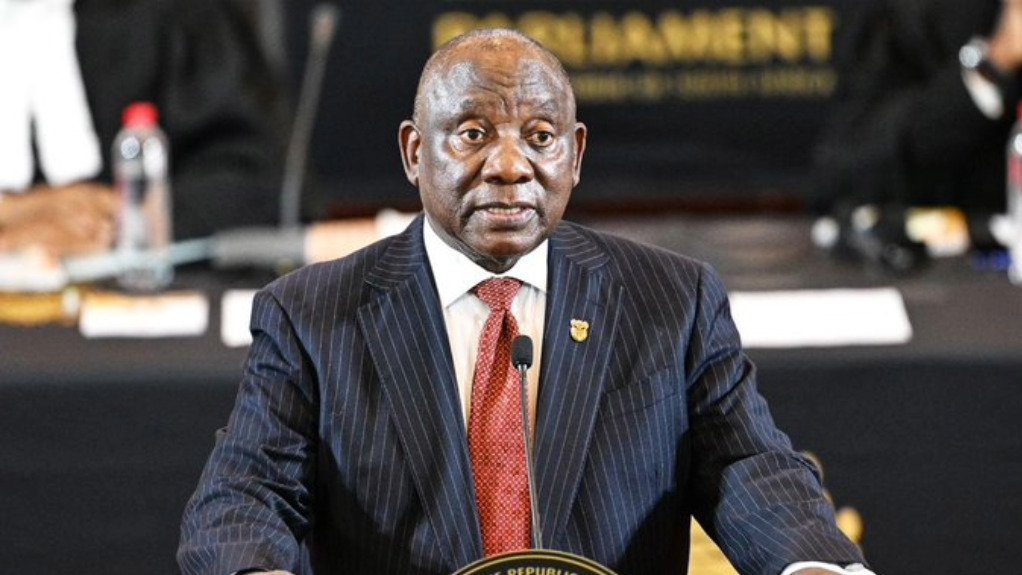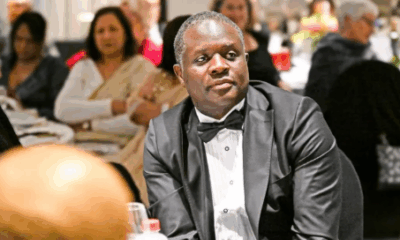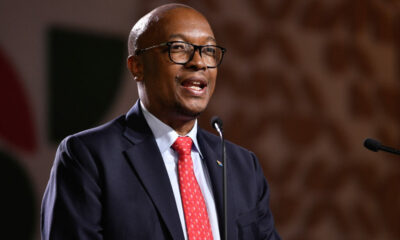411
Ramaphosa Unveils Phase 2 of Economic Reform Drive to Rescue SA’s Municipalities and Unlock Growth

President Cyril Ramaphosa has unveiled Phase 2 of Operation Vulindlela, a sweeping reform plan aimed at tackling South Africa’s deep-rooted economic and municipal governance challenges. The initiative, jointly run by the Presidency and National Treasury, is designed to accelerate structural reforms and breathe new life into an economy that’s been stuck in low growth for over a decade.
Speaking at the Union Buildings in Pretoria, Ramaphosa said, “Our economy continues to be held back by structural inefficiencies. These reforms are about removing the constraints to growth and creating real opportunities, especially for lower-income South Africans.”
Fixing South Africa’s Broken Municipalities
At the heart of Operation Vulindlela 2.0 is a strong focus on municipal reform. Ramaphosa noted that dysfunctional local governments have become a serious drag on economic performance. The new phase of reforms aims to professionalize senior appointments in municipalities and penalize those that fail to hire competent, qualified officials.
The government also plans to review how municipalities are funded and structured. One of the most significant changes is the proposal to separate service delivery functions — like water and electricity — from municipal authority, allowing for more efficient, often outsourced, operational management.
Bringing Government into the Digital Age
Digital transformation is another cornerstone of the new plan. Ramaphosa announced the roll-out of a national digital identity system that will enable South Africans to apply for passports, ID documents, and other government services online.
This shift toward digital infrastructure, the President said, will make public services more accessible, reduce red tape, and improve efficiency in how government interacts with citizens.
Affordable Housing and Urban Development
Ramaphosa also committed to increasing access to affordable housing for low-income earners. The state will accelerate the release of unused public land and buildings — particularly in urban areas — to help bridge the housing gap and bring workers closer to economic opportunities.
Regulations that impede inner-city development will be reviewed, and investment in cities will be incentivized to drive economic activity and job creation.
Previous Successes, New Ambitions
Since its inception in 2020, Operation Vulindlela has scored several wins, including unlocking over R500 billion in investment, much of it in renewable energy. It also helped streamline water use licensing and introduced reforms to allow private access to the national freight rail system.
These successes show that targeted reforms, when well-executed, can have tangible economic impacts.
A Race Against Time
The timing of this announcement is critical. In two weeks, Finance Minister Enoch Godongwana will present the third iteration of the national budget, which is expected to reflect continued sluggish economic projections. Two earlier budget drafts were abandoned due to disagreements within the multi-party coalition government over proposed tax hikes and spending priorities.
Ramaphosa acknowledged the urgency of the situation: “There’s a generation of South Africans who’ve never experienced real economic growth. We owe it to them to fix what’s broken — and to act boldly.”
As Operation Vulindlela 2.0 moves forward, its success will depend on political will, cross-departmental cooperation, and a clear focus on measurable outcomes. If it delivers, it could mark a turning point for South Africa’s stalled economy.
{Source: BusinessTech}
Follow Joburg ETC on Facebook, Twitter , TikTok and Instagram
For more News in Johannesburg, visit joburgetc.com



























